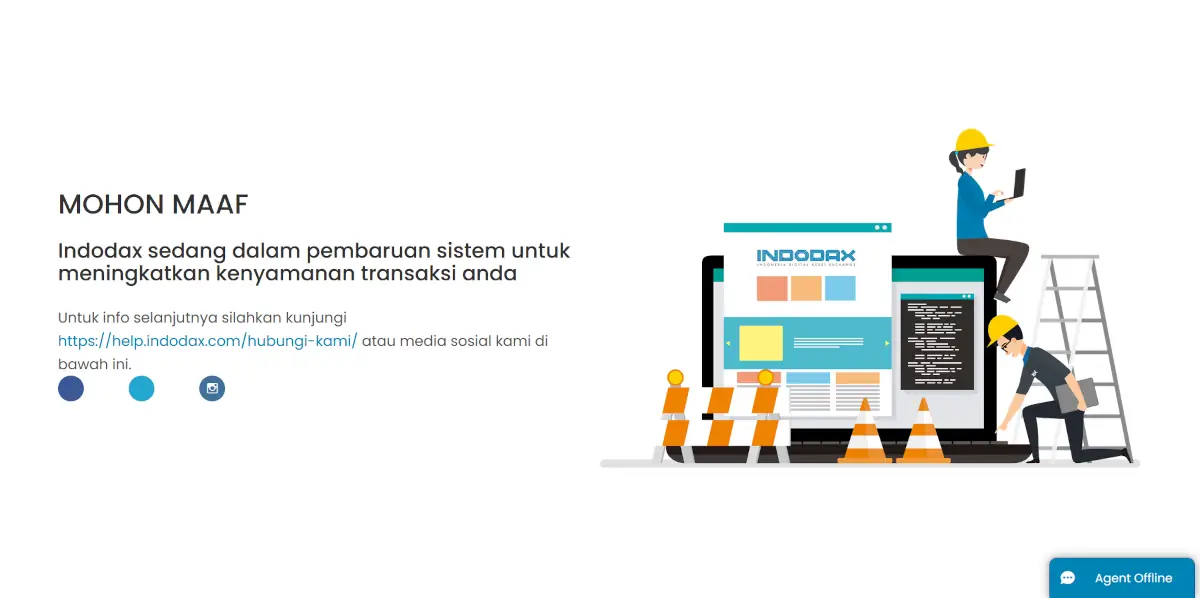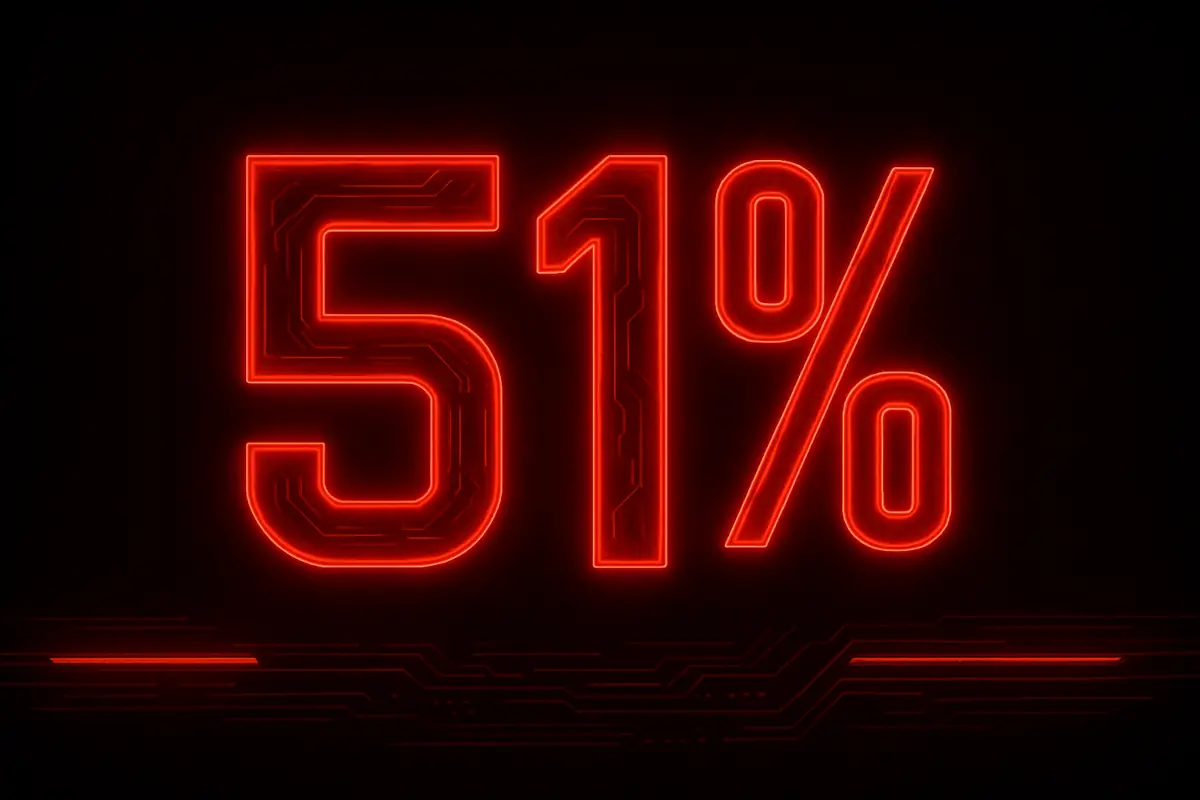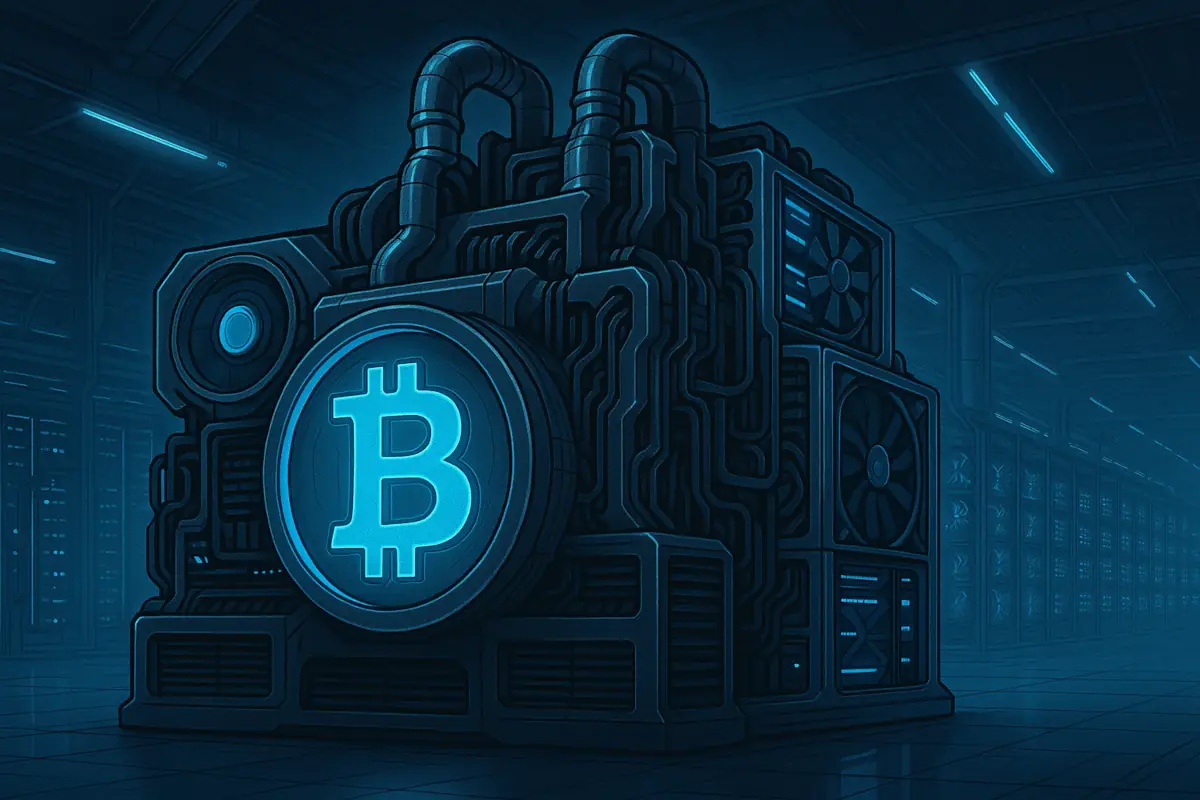The recent hack of Indonesia’s largest cryptocurrency exchange, Indodax, is yet another harsh reminder of the vulnerabilities that still plague centralized exchanges. The breach resulted in the loss of approximately $22 million in various cryptocurrencies, and it has forced the exchange to suspend operations while investigating the incident (webpage currently looks like on the picture above). Although Indodax has assured its users that their assets are safe, this attack raises significant concerns about the security practices of even well-established platforms.
Centralized exchanges like Indodax are attractive targets for hackers, particularly due to their use of “hot wallets,” which are connected to the internet and therefore more susceptible to breaches. It appears that the hackers exploited vulnerabilities in Indodax’s withdrawal system, managing to drain millions in Bitcoin, Ethereum, and other tokens. While the exchange’s overall reserves remain substantial, the loss will likely have a lasting impact on user trust and highlight the risks of relying on exchanges to store significant amounts of cryptocurrency.
The Importance of Self-Custody
This incident underscores a critical point: exchanges are not always the safest places to store your assets. The crypto community often repeats the saying “not your keys, not your crypto,” and for good reason. When your assets are stored on an exchange, you do not have full control over them. If the platform is compromised, like Indodax has been, your funds are at risk.
Cold wallets, which are offline storage solutions, offer a safer alternative for holding large amounts of cryptocurrency. They are not connected to the internet, making them much harder to hack. While exchanges play an important role in facilitating trading and liquidity, they should not be viewed as secure vaults. This hack is a perfect example of why keeping long-term investments on cold wallets is a better strategy.
Looking Ahead
The full details of the Indodax breach are still emerging, and the exchange has yet to provide a complete report on how the attack was executed. However, early indications suggest that advanced hacking groups, possibly linked to North Korea, are behind the attack. This aligns with a broader trend of state-sponsored hacking groups targeting crypto exchanges globally, seeking both financial gain and political leverage.
As more of these incidents unfold, it’s clear that cryptocurrency investors must remain vigilant. While exchanges will continue to improve their security measures, the risks are inherent in the centralized structure of these platforms. Users need to weigh the convenience of trading on exchanges against the safety of storing their funds offline.
Indodax’s hack may prompt other exchanges to revisit their security protocols, but for individual investors, the lesson remains: take control of your assets. Only then can you ensure that your crypto is truly secure.




